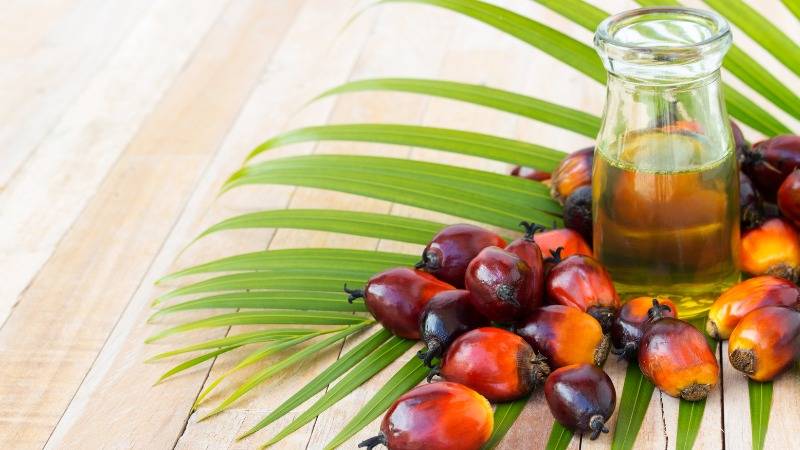Palm oil is the world’s most productive vegetable oil, accounting for 40% of the total. It’s immensely popular with the food and cosmetics industry for its smooth texture and lack of taste and smell.
However, even bigger than its popularity is the problem with deforestation in low-lying, hot, wet regions near the equator where oil palm trees can grow.
According to the BBC, the use of land for palm oil plantations has increased from 3.3 million hectares in 1970 to 28.7 million hectares in 2020.
But now, US tech firm C16 Biosciences has developed a product called Palmless, a yeast-sourced alternative to palm oil.
They grow a strain of yeast that naturally produces an oil with very similar properties to palm, which they harvest. The yeast is fed on sugars from sugar cane plants grown on land already used for arable farming. “Our process takes less than seven days from start to finish,” says a spokeswoman for C16 Biosciences.
For comparison, for a regular palm tree, the oil wouldn’t be available until years after the seed is planted — about seven years for most trees.
The company is now collaborating on partnerships in the beauty and home categories and plans to enter into food in 2024.
Chris Chuck, professor of bioprocess engineering at the University of Bath, UK, hopes that we could see 500,000-litre bioreactors similar to those used in breweries producing palm-oil alternatives from yeast.
More inspiring green news similar to this:


